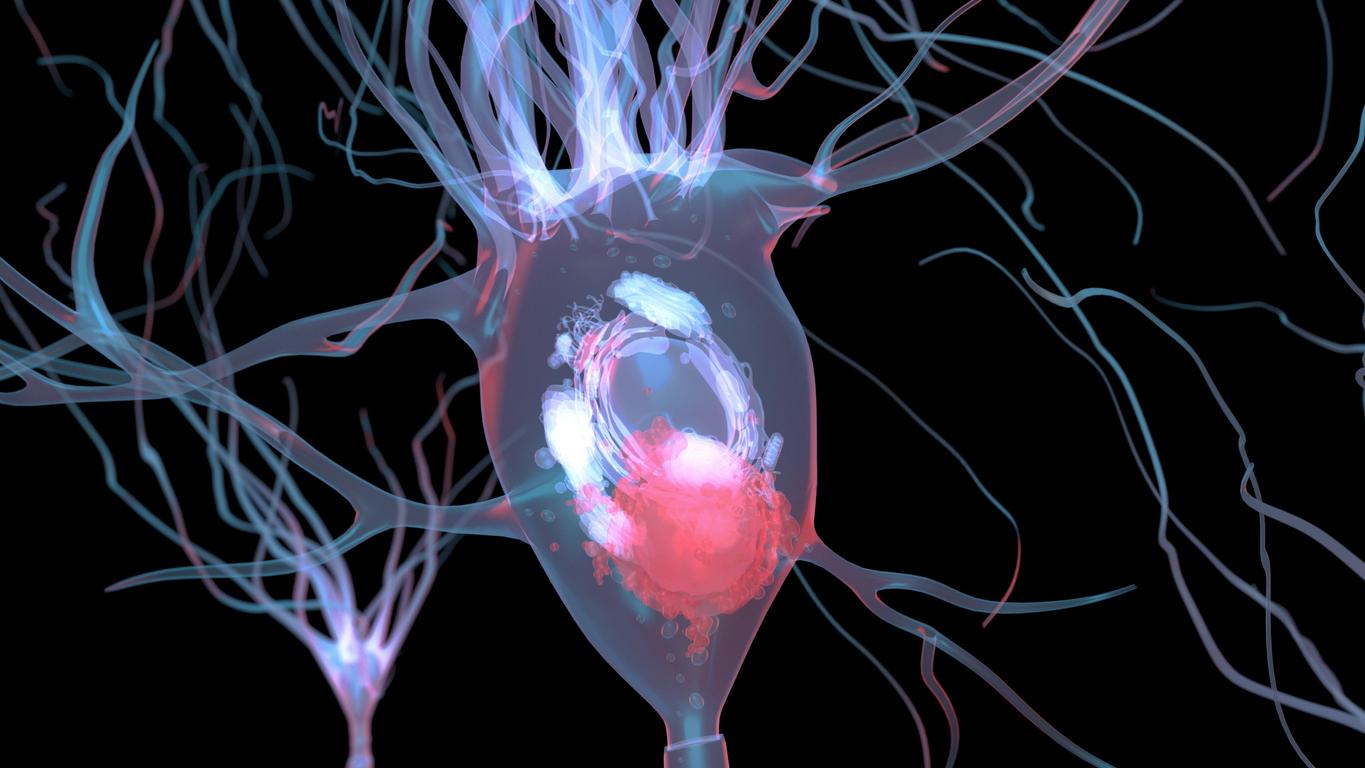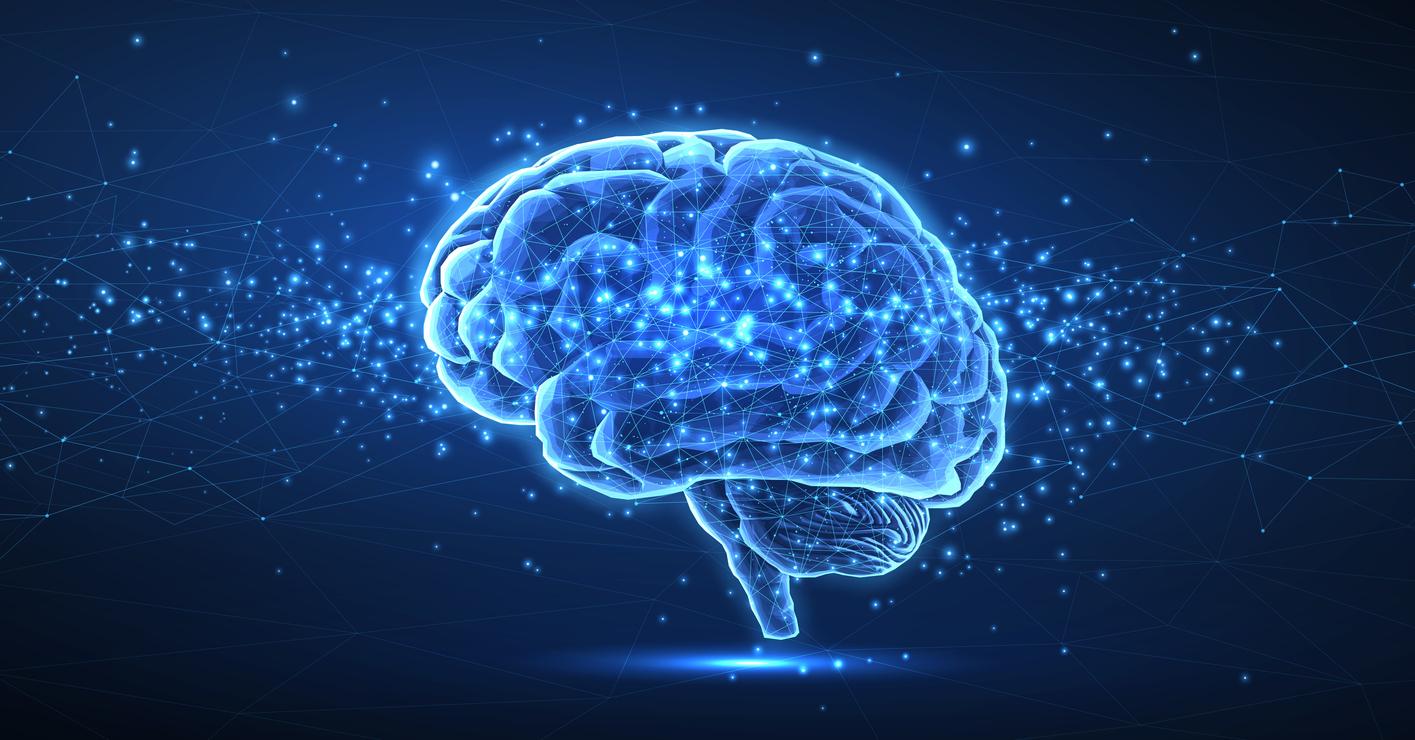Given in a formulation that facilitates passage to the brain and at low doses, lithium, used to treat bipolar disorder, could stop advanced signs of Alzheimer’s, according to a new study.

Alzheimer’s disease is the leading cause of age-related dementia worldwide. This neurodegenerative pathology is most often characterized by memory problems. Other brain functions are then affected and, little by little, daily tasks become more and more difficult and adapting to new situations almost impossible.
Despite the frequent studies on the subject, no researcher has yet succeeded in developing a treatment capable of curing this disease. In recent years, scientists have been arguing in particular around lithium therapy, an alkali metal present in water and used in the treatment of bipolar disorders. Each time, the research carried out on the subject used different conditions and dosages, which makes the results difficult to compare. In addition, in each experiment carried out, lithium caused serious side effects, which makes this approach difficult to consider on long-term treatments, especially for the elderly.
However, in a new study published in the latest issue of Journal of Alzheimer’s Diseaseresearchers have found that if lithium is given in a formulation that facilitates passage to the brain at doses up to 400 times lower than those currently prescribed for mood disorders, it can stop the advanced signs of Alzheimer’s .
During their research, the researchers from McGill University (Montreal, Canada) first studied the conventional formulation of lithium and applied it to rats at a dosage similar to that used to treat digestive disorders. mood. Unfortunately, the animals exhibited many undesirable side effects. The researchers then decided to administer a new formulation of encapsulated lithium to mice with Huntington’s disease.a trouble hereditary and rare resulting in neurological degeneration causing significant motor, cognitive and psychiatric disorders. This time they found beneficial effects on animals.
Possible immediate therapeutic applications
Armed with these results, they then applied the new lithium formulation to rats expressing mutated human proteins that cause Alzheimer’s. “Microdoses of lithium at concentrations hundreds of times lower than those applied clinically for mood disorders have been administered to the early stages of amyloid pathology in transgenic Alzheimer’s-type rats,” explains Dr. Claudio Cuello, from the Department of Pharmacology and Therapeutics, co-author of the study.
Then, the researchers undertook to apply this same formulation at more advanced stages of the disease to their transgenic rat by modeling the neuropathological aspects of Alzheimer’s disease. They then noticed that beneficial effects could be obtained even at more advanced stages of the pathology.
“From a practical perspective, our findings show that microdoses of lithium in formulations such as the one we used, which facilitates passage to the brain across the brain-blood barrier while minimizing lithium levels in the blood, thus sparing individuals from adverse effects, should find immediate therapeutic applications”, says Claudio Cuello.
“Tangible beneficial effects in the early preclinical stages”
“Although it is unlikely that any drug can reverse irreversible brain damage in the clinical stages of Alzheimer’s disease, it is very likely that treatment with microdoses of encapsulated lithium should have tangible benefits in the early stages. preclinical stages of the disease,” he hopes.
Today, Claudio Cuello would like to study therapies using this lithium formulation with other drug candidates. He would also like to launch the first clinical trials of this formulation on people with detectable preclinical pathology of Alzheimer’s, such as patients with Down syndrome, also known as trisomy 21.
A ray of hope therefore for the 50 million people who suffer from this disease in the world and their loved ones, especially since this good news comes a few weeks after other American researchers announced that they were developing a vaccine to eliminate brain plaque and tau protein aggregates. These are considered the first cause of neurodegenerative changes in the brain leading to cognitive disorders, then Alzheimer’s. According to their article published in the journal Alzheimer’s Research & Therapythe results obtained on biogenic mouse models are very encouraging.

.

















